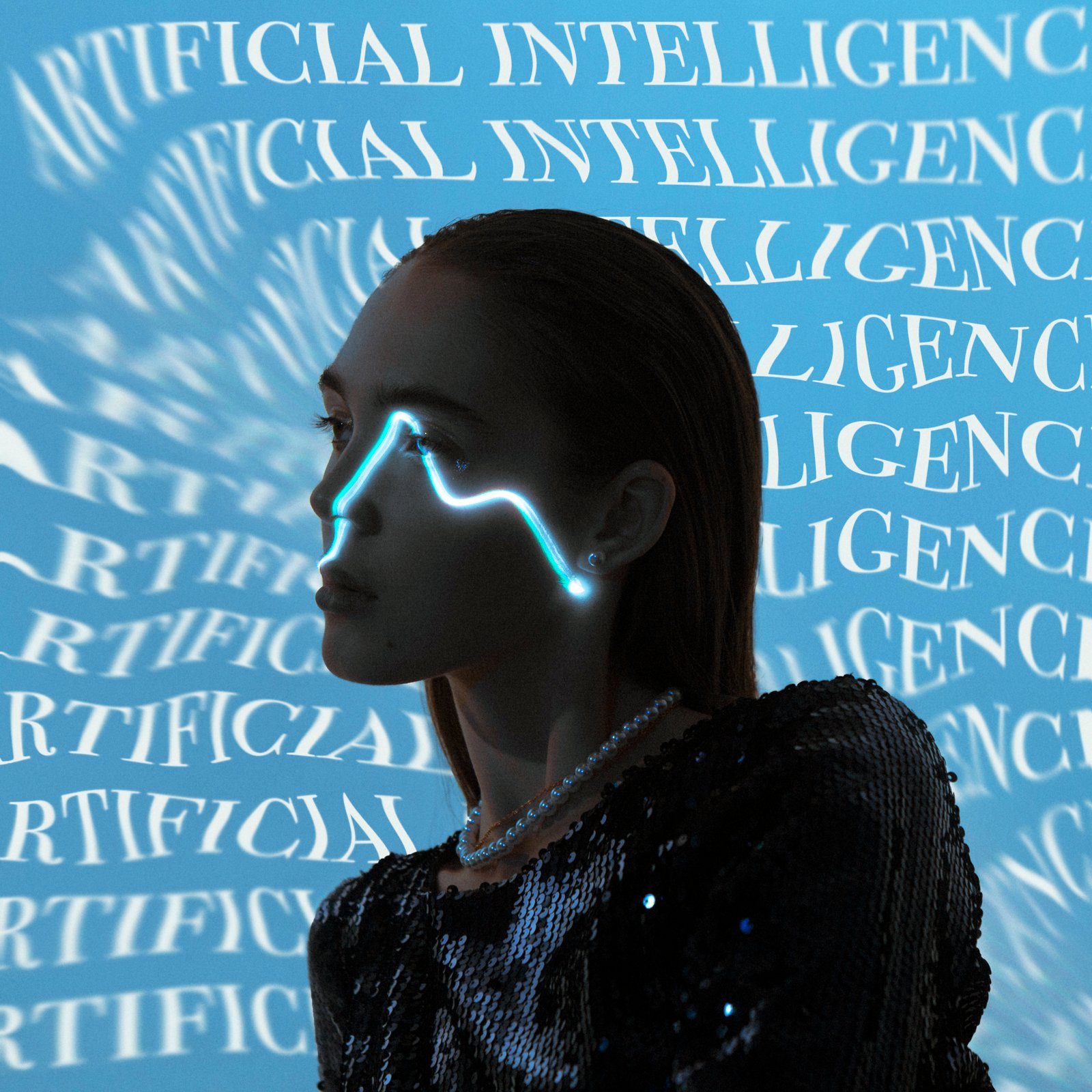
Introduction
Artificial Intelligence (AI) has emerged as one of the most transformative technologies of our time. From science fiction to reality, AI has come a long way, and its influence continues to expand across industries. In this article, we'll delve into the future of artificial intelligence, exploring the latest trends and applications that are shaping our world.
The Current State of AI
Before we gaze into the crystal ball of AI's future, let's take a moment to understand its current state. AI refers to the development of computer systems capable of performing tasks that typically require human intelligence. These tasks include problem-solving, speech recognition, learning, and decision-making. Machine learning and deep learning, subsets of AI, have played pivotal roles in recent advancements.
Machine Learning: Machine learning algorithms enable systems to improve their performance on a specific task through experience. They have revolutionized fields like natural language processing (NLP) and image recognition. Recommender systems like those used by Netflix and Amazon are classic examples.
Deep Learning: Deep learning, a subset of machine learning, involves neural networks with many layers. It has powered breakthroughs in image and speech recognition, autonomous vehicles, and even healthcare diagnostics.
Trends Shaping the Future of AI
Now, let's explore some key trends driving the future of artificial intelligence:
1. Explainable AI (XAI): As AI systems become more sophisticated, there's a growing need to understand and trust their decisions. XAI aims to make AI algorithms more transparent and interpretable, especially in critical applications like healthcare and finance.
2. Edge AI: Edge computing involves processing data closer to where it's generated, reducing latency and improving efficiency. Edge AI takes this concept further by running AI algorithms on edge devices like smartphones and IoT devices. This trend is crucial for real-time applications, such as autonomous cars and smart cities.
3. AI in Healthcare: The healthcare industry is embracing AI for disease diagnosis, drug discovery, and patient care. AI-driven telemedicine and wearable devices are making healthcare more accessible and efficient.
4. Natural Language Processing (NLP): NLP is making human-computer interaction more natural. Chatbots, virtual assistants, and sentiment analysis are just a few applications. GPT-3, a language model developed by OpenAI, is a remarkable example of NLP's potential.
5. AI Ethics and Bias Mitigation: Ensuring that AI systems are fair and unbiased is a growing concern. Efforts are underway to develop ethical AI guidelines and tools to identify and mitigate bias in algorithms.
Applications of AI in the Future
The applications of AI are vast and expanding. Here are some exciting areas where AI will continue to make a profound impact:
1. Autonomous Vehicles: Self-driving cars are moving from prototypes to reality. AI-powered systems are crucial for making autonomous vehicles safe and efficient.
2. Personalized Education: AI-driven educational platforms can adapt to individual students' needs, making learning more effective and engaging.
3. Sustainability: AI can optimize energy usage, reduce waste, and aid in environmental monitoring and conservation efforts.
4. Finance and Banking: AI is enhancing fraud detection, risk assessment, and customer service in the financial industry.
5. Space Exploration: AI is assisting space agencies in analyzing vast amounts of data from space missions and exploring the possibility of human colonization on Mars.
Conclusion
The future of artificial intelligence is bright and promising. As AI continues to evolve, it will become an integral part of our lives, driving innovation across industries and revolutionizing the way we work, live, and interact with technology.
Embracing these trends and applications responsibly, while addressing ethical concerns and biases, will be crucial in shaping a future where AI truly enhances human potential and improves the quality of life for all. As we look forward to the future, it's clear that artificial intelligence will remain a powerful force of transformation in the years to come.








